From concerts to conferences, we now could connect with people all over the world in real-time with private live streaming platforms. However, not all live streaming platforms are created equal. While some are free and open to the public, others are private and offer a more exclusive experience.
Digital technology is constantly evolving and expanding the reach of information around the world in the matter of a few seconds. However, such expansion has also led to the rise of other vulnerabilities. By 2025, cybercrime damages are forecasted to cost the world $10.5 trillion annually, up from $6 trillion in 2021. To avoid becoming part of this statistic, broadcasters must choose a private live streaming solution that provides professional-grade privacy and security features. This blog will give you all the information you need about the top private live streaming platforms including features, pros, cons and pricing.
Whether you are looking to host a private event for a small group or want to broadcast a large-scale production to a global audience, these platforms are sure to provide you with the tools and technology you need to deliver an exceptional live streaming experience. So, without further ado, let’s dive into the top four private live streaming platforms and see what they have to offer.

What is Private Live Streaming?
A live stream is not always public in nature. A private live stream is a broadcast that is meant to be streamed to a select group of people rather than to the public. Some examples of private live streams would be internal company meetings, internal employee training, paid virtual events, or private streams to friends and family. Private live streaming ensures that your premium content is not easily downloadable and shared among users who are not part of the selected audience.
The decision of which broadcasts should be public or private is determined by the broadcaster. Typically, private live streams are usually intended for internal use.
Unlike free live video hosting platforms like YouTube Live, these are paid platforms that provide the security, speed, and consistency broadcasters need to deliver exceptional video playback experiences to their audience. Private live streaming for businesses leaves no space for video piracy and allows content owners to maintain full ownership of their content.
What is the importance of private live streaming?
- It allows for more intimate and exclusive experiences, particularly for events that are meant for a select group of people.
- It prevents access to invaders and saves your content from being shared unethically.
- It allows for greater control over who has access to the content and the ability to set up additional security measures to protect sensitive information.
How to Live Stream Privately
Plan
Before starting a private live stream, it’s important to have a plan in place. This includes deciding on the purpose of the stream, the target audience, and the expected outcome. This will help ensure that the stream is effective and meets the intended goals.
Choose a Topic and content
Once the plan is in place, it’s time to decide on the topic and content of the live stream. This should align with the purpose of the stream and appeal to the target audience. It’s important to have a clear idea of what will be covered and how it will be presented.
Choose a private live streaming platform
There are several private live streaming platforms available, such as Muvi Live, that offer features like password protection, user authentication, and audience segmentation. These platforms provide greater control over who can access the stream and offer advanced security measures.
Configure your live streaming setup
Setting up a private live stream involves configuring the hardware and software necessary to capture and stream the content. This includes cameras, microphones, and streaming software. It’s important to test the setup beforehand to ensure everything is working properly.
Confirm your privacy setting
With a private live stream, it’s important to confirm the privacy settings to ensure that only the intended audience has access. This may include password protection or authentication to ensure that only authorized viewers can access the content.
Promote your event
Even with a private live stream, it’s important to promote the event to ensure that the target audience is aware and can attend. This may include sending invitations or promoting on social media or other platforms.
Start streaming
With everything in place, it’s time to start the live stream. It’s important to monitor the stream throughout the event to ensure that everything is running smoothly and to address any technical issues that may arise.
The 8 Best Private Live Streaming Platforms
Muvi Live
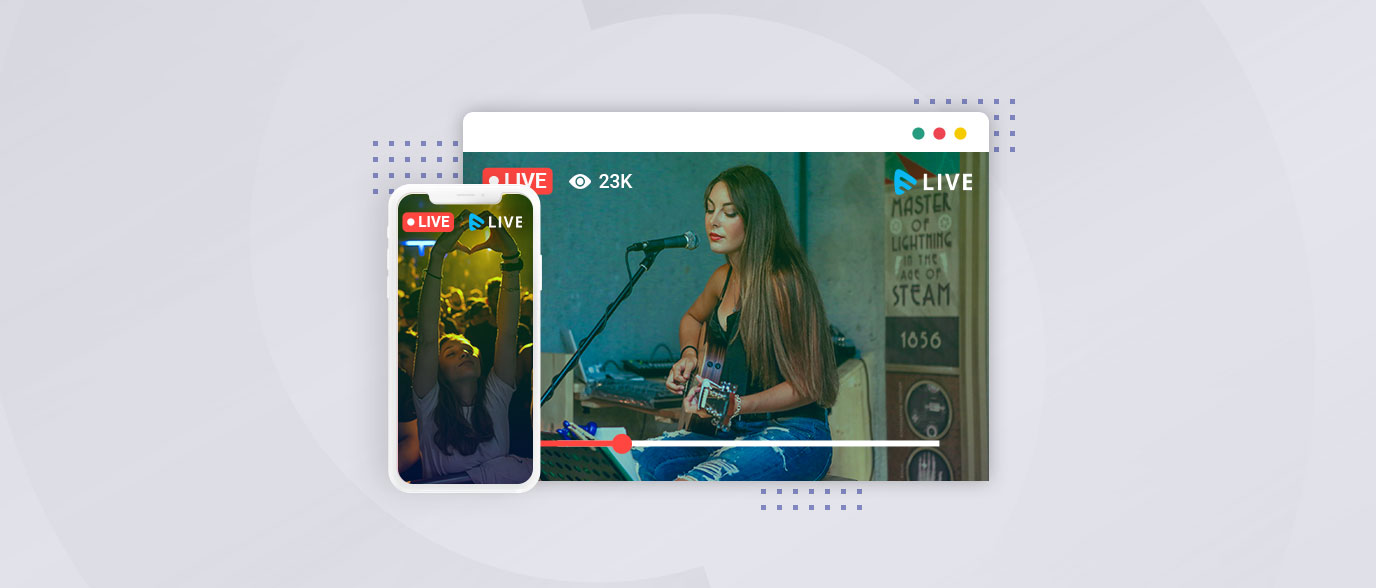
Muvi’s OTT multi-screen streaming solution helps businesses launch multi-device streams instantly. Its exclusive live streaming product, Muvi Live is a robust video live streaming platform with a full-featured service for private live streaming. Muvi has tight security and privacy controls, making broadcasting private live streams an easy job. Be it streaming online sports events or town halls, Muvi Live ensures fastest and high-quality live streaming across multiple devices through live cloud encoding. Built for enterprises, Muvi Live partners with a top-tier and scalable CDN to reliably stream high video quality content to huge audiences for live event streaming.
Its built-in multiple monetization options are a special attraction for enterprises who want to monetize their content by opting for its varied content monetization models including PPV, and subscriptions. Despite the streaming live platform being loaded with high-end features, Muvi Live offers competitive pricing policies.
Also Read: Best Live Streaming Apps for Mobile Broadcasting
Features:
Pros:
Pricing:
Muvi Live has a 4-tiered pricing plan:
- Standard: US $149 per month including unlimited live streams, 100 GB storage, and 5 concurrent streams per month. Infra fees for additional use.
- Professional: US $599 per month including unlimited live streams, 500 GB storage and 50 concurrent streams per month, 10 admin accounts, and DRM. Infra fees for additional use. Support includes Email, Ticketing System, SLA
- Enterprise: US $1499 per month including unlimited live streams, 1 TB storage and unlimited concurrent streams per month, unlimited admin accounts, and DRM. Infra fees for additional use. Support includes Email, Ticketing System, SLA, Phone, Weekly Meetings, Dedicated Account Manager
- Black: Custom plan for large-scale live streaming including Muvi Live Enterprise + Premium Consulting Services (Project Management, Proactive Monitoring, Setup, and a lot of handholding)
Dacast
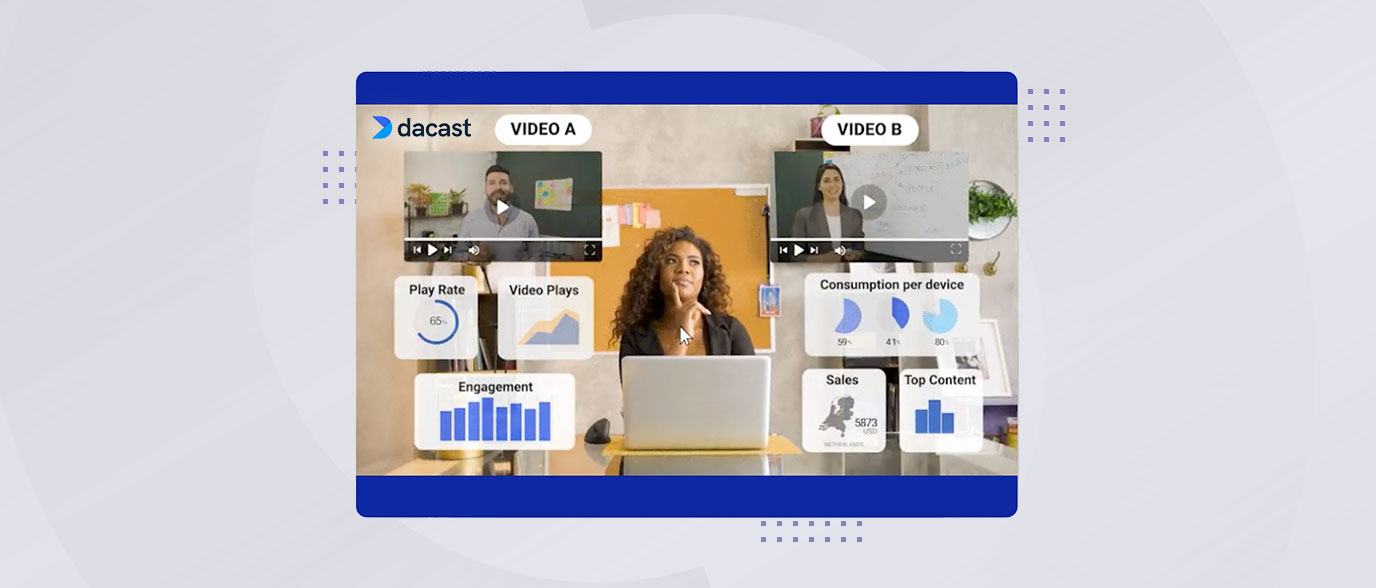
Dacast is one of the leading online video platforms with a dedicated solution for private live streaming and private video hosting. The live streaming platform offers hosting, monetizing, and live broadcasting options at an enterprise level. It’s a customizable and robust Online video platform that helps global companies scale and monetize their online video content.
Features:
- Secure video upload features, including content management, library migration, and video replace
- ABR supported streaming
- Global CDN services
- Password protected hosting and AES encryption
- Low latency streaming
- Ad-free streaming
- Analytics support
Pros:
- Live Stream Encoding
- Multi-user access (MUA) on Scale and Custom plans
- Multiple monetization options
- China video hosting
Cons:
- A bit pricey
- Requires technical knowledge to get hands-on with the CMS
Pricing
Dacast includes four pricing packages:
- Starter plan: $39/month with 1.2 TB of bandwidth and 50 GB of storage per year
- Scale plan: $188/month with 24 TB of bandwidth per year, with 1 TB of storage
- Event plan: $63/month with 6 TB of bandwidth upfront, 50 GB of storage
- Custom plan: Designed for enterprise businesses that have high-volume streaming needs
Wowza
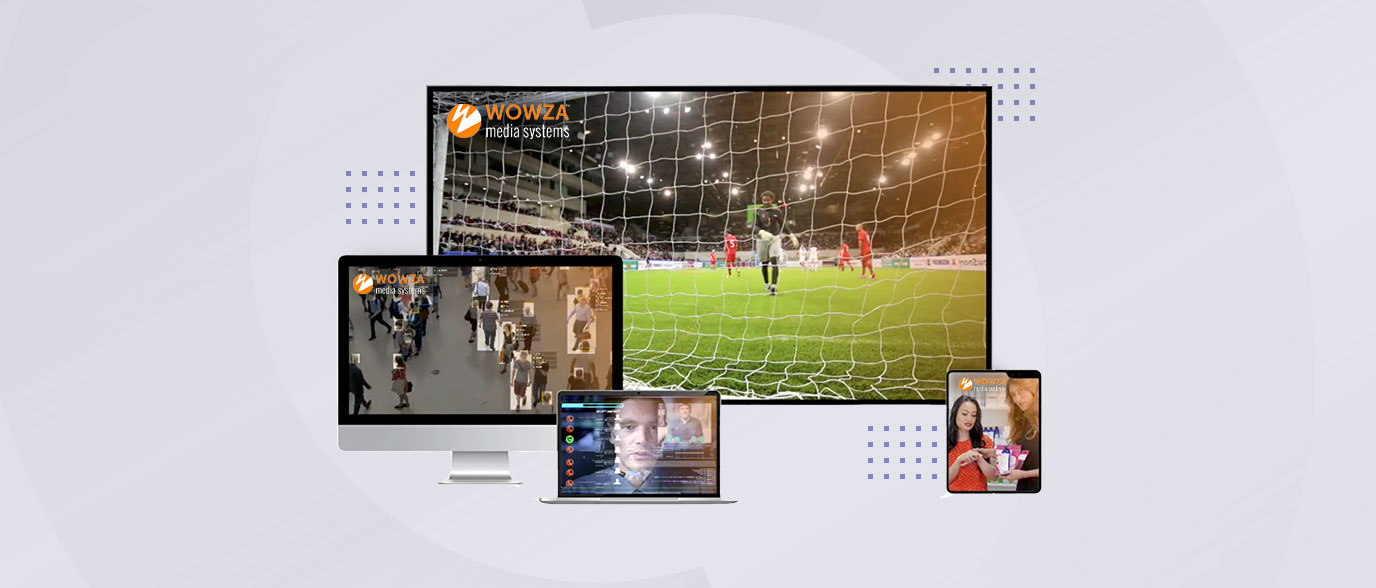
Founded in 2005, Wowza is a live streaming software that uses cloud encoding to deliver live streams to multiple devices. It offers private live streaming and on-demand video hosting. Wowza offers two main products, the Wowza Streaming Engine, and Wowza video streaming services. Wowza streaming engine is usually used for self-hosted streaming. Wowza video streaming services, however, come with the Wowza Streaming Cloud offering that aims at providing low-latency content access to global audiences.
Features:
- Cloud live streaming platform
- Multiple device live streaming
- 4K streaming
- Live stream recording
- Ad-based monetization
- Video Security
Pros:
- Cross-device live streaming
- Mobile screen support
- China video delivery
Cons:
- Video Monetization Tools
- Multiple camera feeds is not supported
- The event scheduling option is not available
Pricing:
Wowza Streaming Cloud offers four distinct pricing plans and services, including:
- Pay As You Go: $29/month, with a 3-month minimum
- Basic: $99/month and includes 20 hours of live streaming and 1,000 viewing hours
- One Month Event: $149 one-time purchase including 20 hours of live streaming and 1,000 viewing hours
- Plus: $499/month including 150 hours of live streaming and 7,000 viewing hours
The Wowza Streaming Engine has its own pricing plan packages:
- Basic: $175/month + $195/month for each additional instance
- One Month Event: $295/month
- Enterprise: This is a custom plan for large-scale self-hosted streaming
Vimeo Livestream

Vimeo Livestream is both a private live streaming and video hosting platform and it supports private live streaming. In 2017, Vimeo acquired the Livestream platform. Vimeo’s live streaming platform allows customers to stream ad-free, broadcast-level video in 1080p HD and offers solutions for both beginners and enterprise level. Vimeo has a range of both proprietary hardware and software services for live streaming.
Features:
- High-quality video streaming
- 1080p HD streaming
- Robust security
- Scalable platform
- Abr supported streaming
Pros:
- Lots of live engagement tools are offered
- Unlimited events and viewers
- Ad-free streaming
Cons:
Pricing:
Vimeo Livestream offers three main pricing plans, including:
Vimeo Premium:
- Premium pricing: $75/month including both live streaming and VOD services.
Vimeo Enterprise:
- Enterprise Pricing: Designed for enterprises with custom pricing information
Vimeo OTT:
- Starter Pricing: $1/subscriber per month
- Growth Pricing: Starting at $500/month
JW Player
In 2005, the private video streaming service JW Player was founded. Its video player technology was initially derived from the open-source code that ultimately contributed to the original YouTube video player.
Initially, JW Player gained recognition for its HTML5 video player for Video on Demand (VOD) platforms. However, in recent times, the platform has broadened its horizons by adding live streaming capabilities to its repertoire.
Key features:
- Multi-bitrate and adaptive streaming features
- Global content delivery
- Tech support with the most inclusive plans
- Video API access
- DRM with Enterprise Plans
Pros
- Good advertising tools
- Monetization features
- Great video player
- Simple platform
Cons
- No China video delivery
- Limited security features
- Limitations on live streaming
- Only ad-based monetization
Pricing
JWPlayer has different pricing plans, including:
- Free trial: The platform offers a 30-day trial period that includes full API and SDK access, a non-commercial license, 25 GB hosting bandwidth, and 75 GB streaming.
- Starter plan: Priced at $10 per month (billed annually), the Starter plan comes with an HTML5 Video Player, a video gallery, 150 GB hosting bandwidth, and 500 GB streaming (50,000 plays) per month.
- Enterprise plan: These plans are tailored to meet business-specific needs and come with custom pricing for high-volume storage and streaming. Unlike lower-tier plans that only support VOD, the Enterprise plan offers live streaming capabilities.
Brightcove
Established in 2004, Brightcove is one of the oldest private live streaming platforms in the market that supports both live streaming and Video on Demand (VOD) hosting.
While Brightcove’s custom plans offer exceptional security features, its more basic plans may not. The platform provides a range of services, including Video Cloud hosting, a video player, server-side ad insertion, video streaming capabilities, Over-The-Top (OTT) streaming tools, cloud transcoding, and monetization tools.
Key features
- Limited API access
- Limited security features
- Limited monetization options
- Best for clients with large budgets
- Global content delivery
- Multi-bitrate and adaptive streaming
- Basic tech support
Pros
- Powerful analytics
- Custom video portals
- Useful CRM integrations
Cons
- Costly
- Monetization limitations
- Limited live streaming capabilities
- Limited security tools
Pricing
The pricing plans are divided into three tiers:
- Starter: This tier includes 50 to 200 videos, up to 100,000 plays, and 2-5 users.
- Professional: This plan offers unlimited videos, 100,000+ plays with no overage fees, and accommodates up to 10 users.
- Enterprise: The top-tier Enterprise plan offers unlimited videos, 100,000+ plays with no overage fees, supports 10+ users, provides unlimited uploads, and includes analytics-only users.
Kaltura
Kaltura is a prominent player in the private live streaming market. Initially designed to cater to the needs of educational institutions, the platform now serves organizations across different sectors.
Kaltura boasts a wide range of security features that make it an excellent choice for private live streaming. It is a cloud-based service that offers video hosting and distribution, with capabilities for both VOD hosting and private live streaming.
key Features
- Multi-bitrate and adaptive streaming options
- Bring your own CDN capabilities
- Top-notch security
- Ticket-based tech support
Pros
- Unlimited integration options
- Many monetization options
- Powerful security features
Cons
- Limited customer support
- Overly complex
- Too advanced for new streamers
Pricing
Kaltura operates on a “pay-for-what-you-use” pricing model, which means that they do not provide pricing information on their website. Those interested in using the platform must contact their sales department directly to create a personalized package.
OnTheFly
OnTheFly has quickly become a game-changer in the world of live streaming with its cutting-edge technology and user-friendly interface. It is a unique video live-streaming platform specifically designed for simulcasting content across various social media platforms. It also offers professional editing, recording, branding, and broadcasting features.
Key Features:
- Simple and quick set-up
- User-friendly CMS
- Low latency streaming
- Live chat functionality
Pros:
- Multi-podcast hosting
- Safe and secure environment
- No external software installation
Cons:
- No mobile application
- Technical Challenges
- Content Moderation
- Dependency on Platform
Pricing
OnTheFly offers competitive pricing options. If you’d like more information about these packages, please contact their customer support team.
Technical aspects of a private live streaming
From a technical standpoint, private live streaming requires a few essential components. These include:
- Camera and audio equipment: High-quality audio and video equipment is necessary to produce a clear and professional-looking stream.
- Encoder: An encoder converts the audio and video signal into a digital format that can be transmitted over the internet.
- Streaming platform: A private live streaming platform is used to deliver the stream to the intended audience. The platform should have the necessary security features to ensure that only authorized viewers can access the content.
- Internet connection: A stable and reliable internet connection is essential for a smooth and uninterrupted stream.
- Viewing Device: The audience will need a device to view the stream, such as a computer, tablet, or smartphone.
Technical aspects such as multi-bitrate and adaptive streaming, global content delivery, video API access, and digital rights management (DRM) are also critical for private live streaming. These features allow for better-quality video delivery, wider audience reach, and greater control over the content’s distribution and monetization.
Security Features for private live streaming
Here are some security features that should be considered for a live streaming platform for private live streaming:
- User Authentication: Require users to log in with a unique username and password or through a secure Single Sign-On (SSO) process to verify their identity and grant them access to the private live stream.
- Access Control: Implement access controls to restrict the audience for the private live stream to authorized viewers only. This can be done through a variety of methods such as user roles, permissions, and authentication mechanisms.
- Encryption: Use end-to-end encryption to ensure that the private live stream is encrypted from end-to-end and not visible to unauthorized viewers, including anyone intercepting the stream during transmission.
- Watermarking: Add a visible or invisible watermark to the private live stream to identify the source of the content and prevent unauthorized sharing of the stream.
- Content moderation: Implement tools to monitor and moderate the private live stream for inappropriate content, spam, and abuse. This can include automated filters and human moderators.
- Recording restrictions: Limit the ability to record the private live stream to prevent unauthorized sharing of the content. This can be achieved through digital rights management (DRM) technologies and other access controls.
Wrapping Up
Security and privacy features are crucial for live streaming exclusive content as such content cannot be streamed to everyone and only limited people should have access to it. In fact, these features are what make private live streaming events possible.
We hope we have been able to help you in choosing the right private streaming platform after discussing all of the features, prices, and security capabilities of all of the leading private live streaming solutions.
Interested to try out our private live streaming platform yourself? Start for free now!
FAQs:
What is a private live streaming platform?
A private live streaming platform is a type of video streaming service that enables users to broadcast live video content exclusively to a select group of viewers. Unlike public streaming platforms such as YouTube or Twitch, private streaming platforms are designed for more intimate and secure streaming experiences.
What are the benefits of using a private live streaming platform?
There are several benefits of using a private live streaming platform:
- Enhanced Security
- Targeted Audience
- Customization
- Analytics
- Cost-Effective
What types of private events are best suited for live streaming?
Many types of private events can benefit from live streaming. Here are some examples:
- Conferences
- Corporate Events
- Educational events
- Religious Services
- Family gatherings
- Weddings
What is Live Stream Watermarking?
Watermarking is the process of embedding a digital mark or signature onto a digital image, video, or document to indicate its authenticity or ownership. The watermark is usually a logo, text, or image that is overlaid with the content and can be visible or invisible.

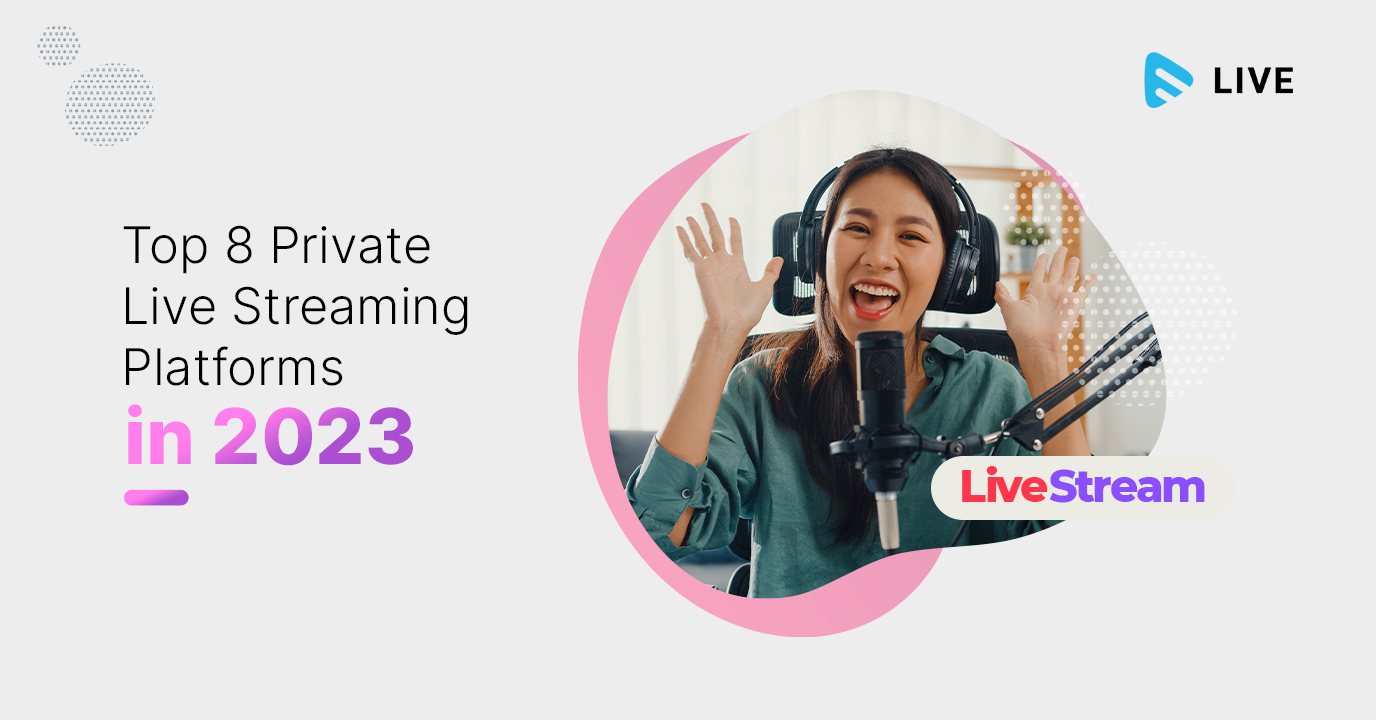







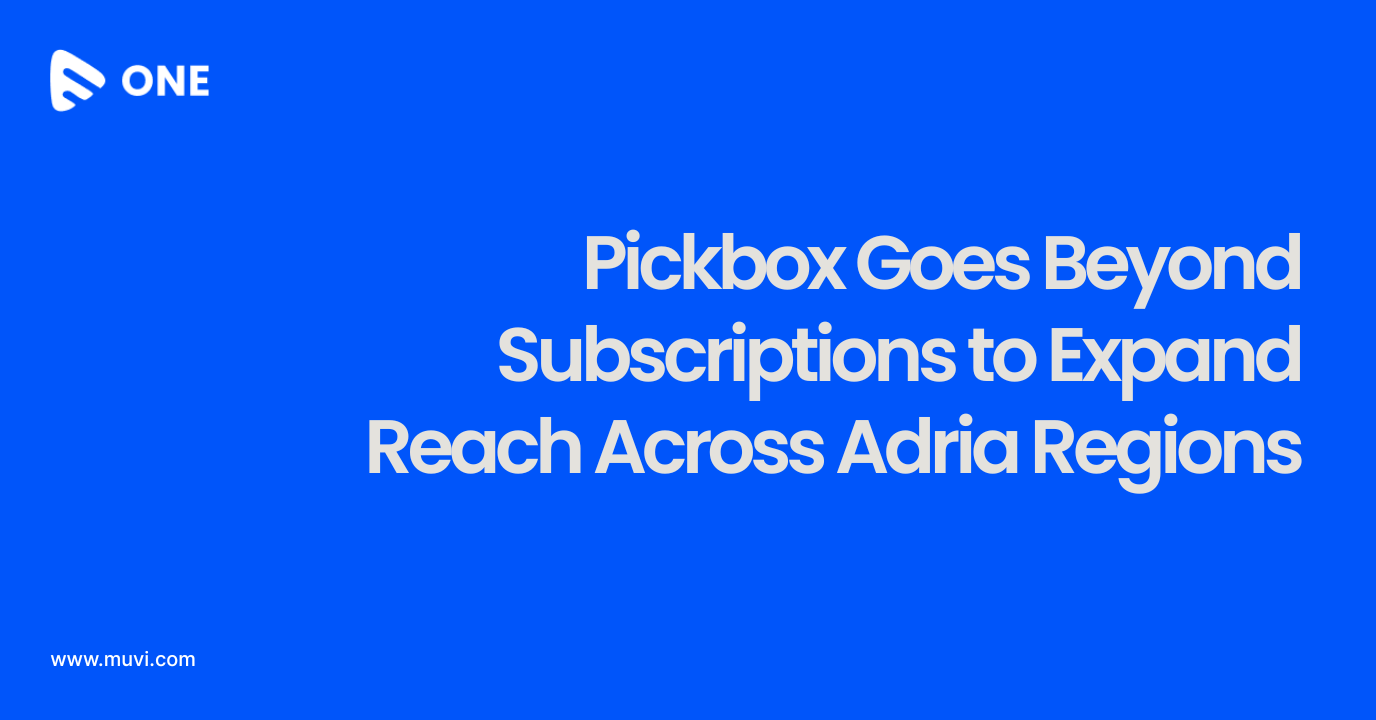
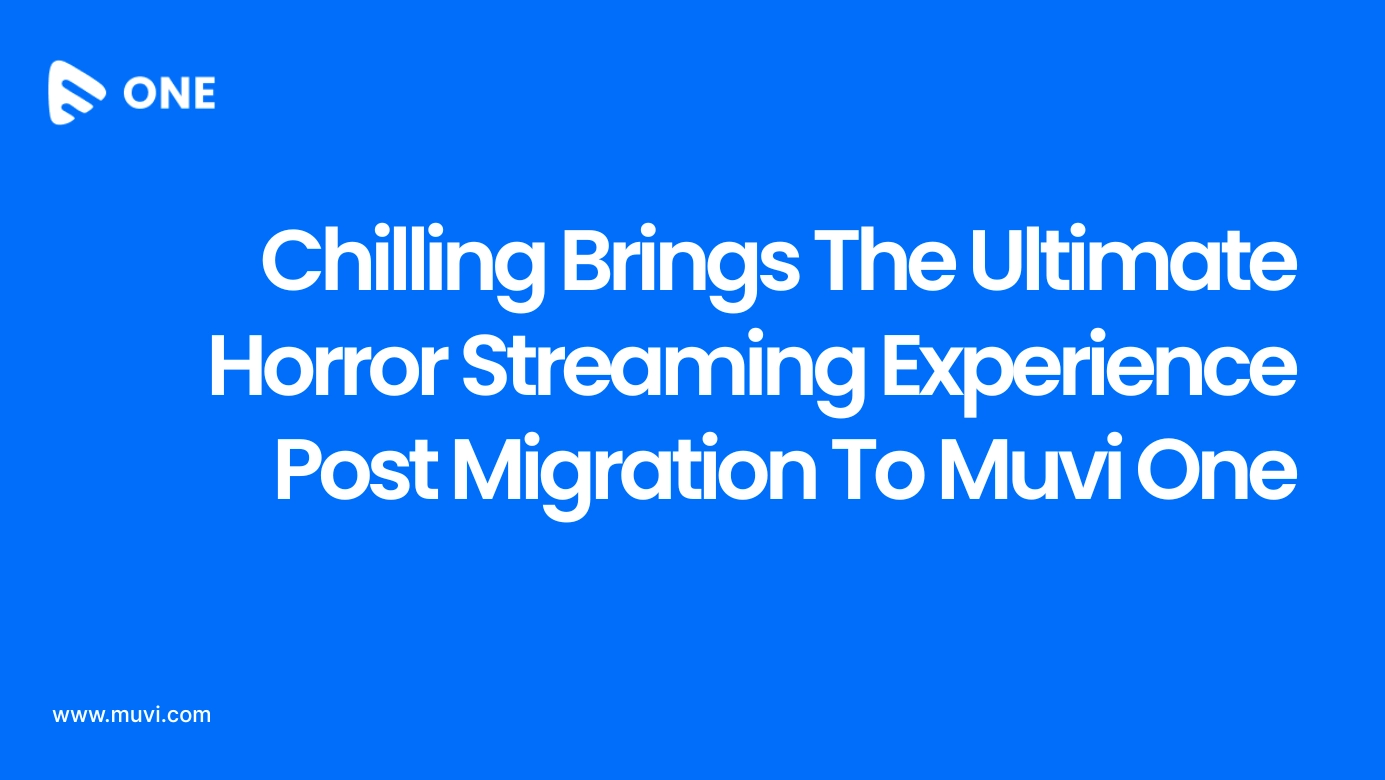





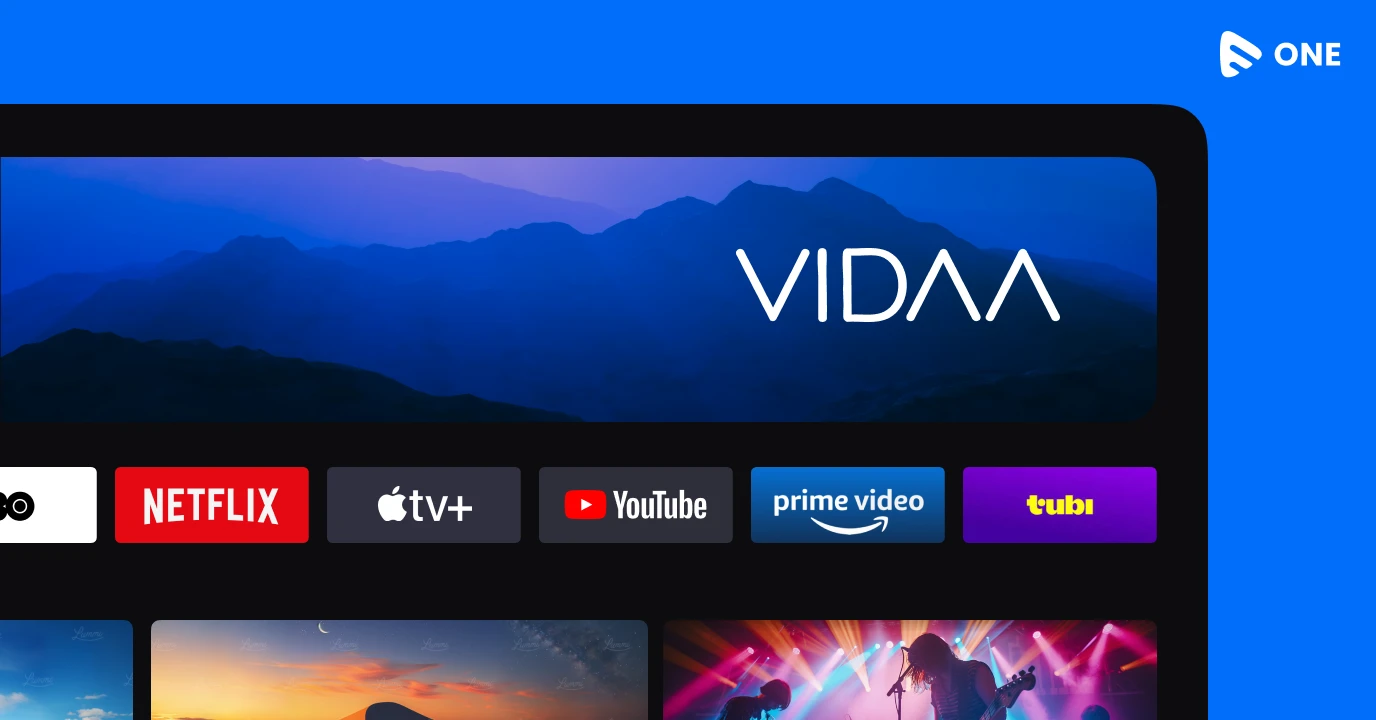
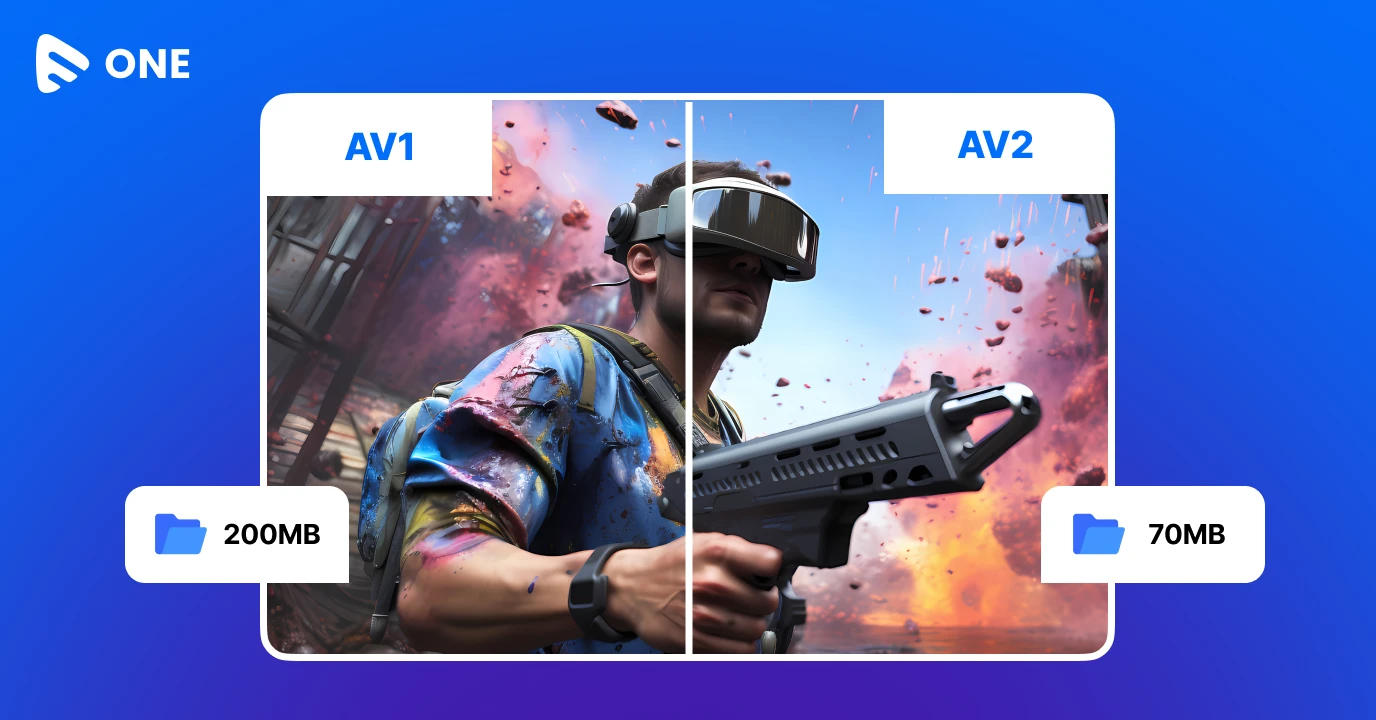
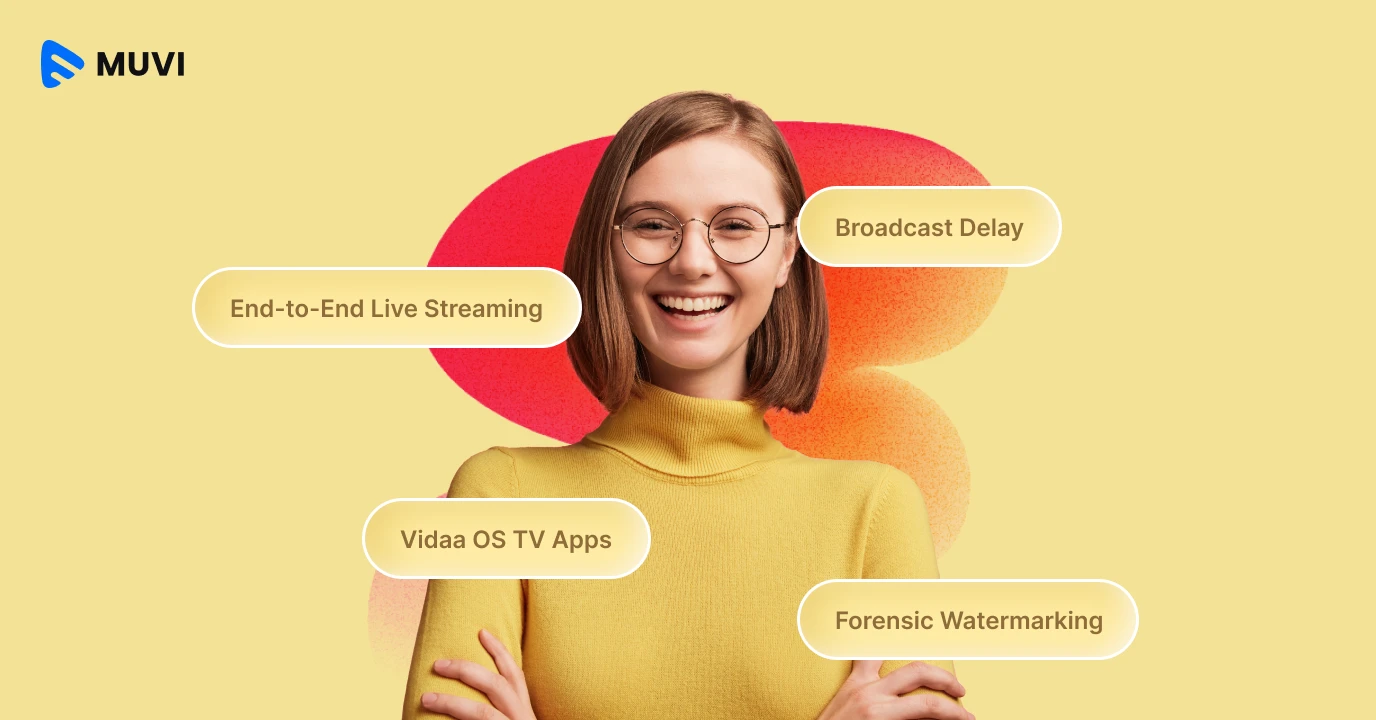

Add your comment